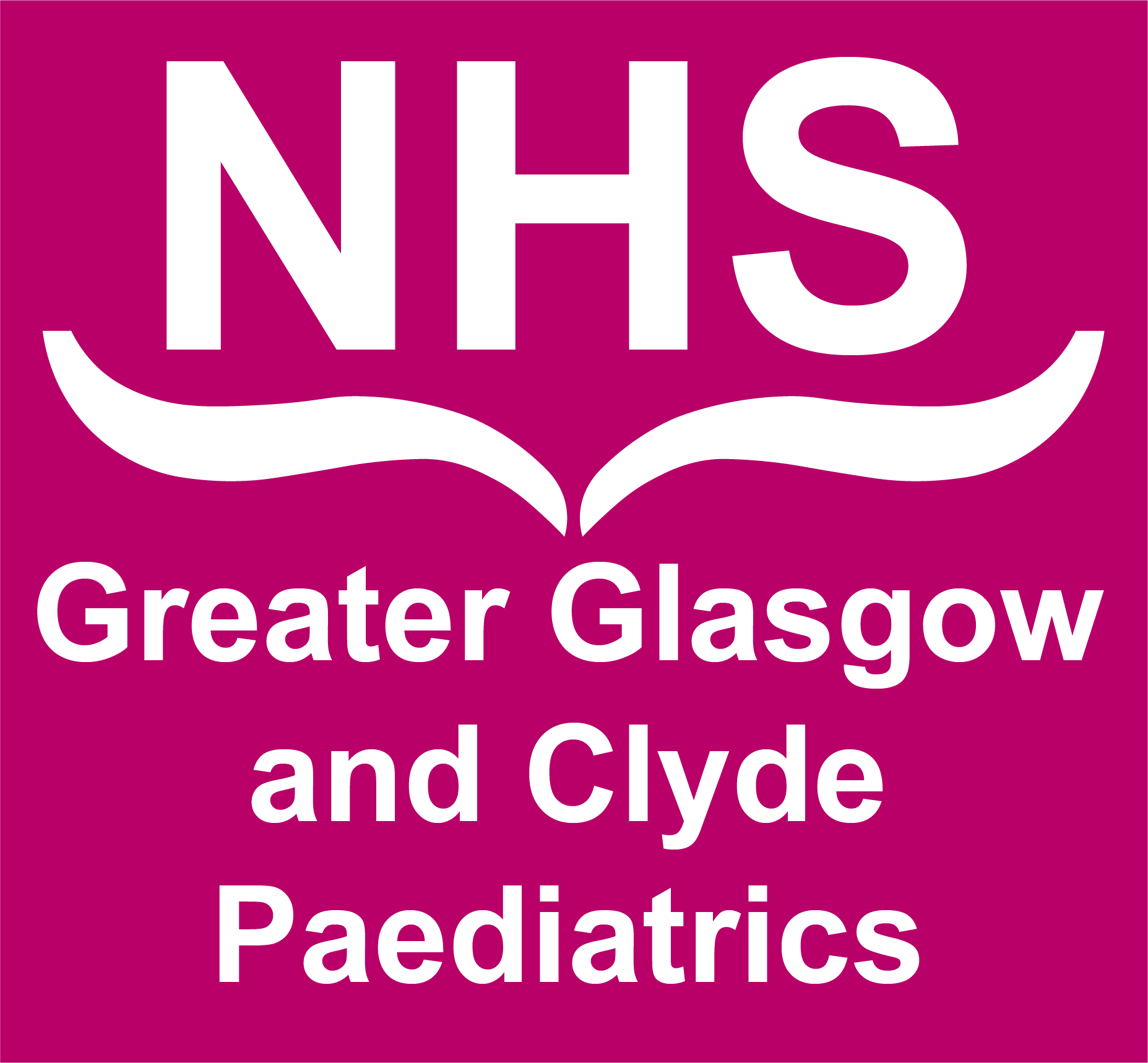Epstein-Barr virus guidance, paediatrics (126)

Objectives
Investigation and destination for the management of EBV - primary care follow-up, secondary care follow-up or hospital admission.
Scope
Children presenting with suspected or confirmed EBV.
Audience
Medical and nursing staff who see acutely unwell children and young people.
Epstein-Barr virus is a common infection in childhood which, in the large majority of cases, is experienced as a mild/sub-clinical infection. However, in a small minority of cases, it can produce life threatening complications; even in children previously assumed to be immunocompetent.
Acute EBV infection can cause aseptic meningitis, encephalitis, hepatitis, myocarditis, orchitis, cytopenias, lymphoproliferation and splenic rupture.
The glandular fever screening test is useful if positive in adolescents, but often gives a false negative result in younger children with EBV infection. EBV IgM should therefore be used for diagnosis of acute infection. EBV IgG indicates past exposure, and may therefore not distinguish between past and current infection. Plasma EBV PCR should not be requested routinely in the immunocompetent. Its use is restricted to severely unwell patients in PICU and the immunocompromised.
In a child where a diagnosis of EBV has been made and who presents to hospital with compatible clinical symptoms, the following minimum investigations should be undertaken:
- Full Blood Count
- Urea and electrolytes
- Liver Function Tests
- Any other investigations deemed clinically appropriate
If evidence of EBV induced anaemia, leucopenia, thrombocytopenia, deranged liver function tests, significant splenomegaly or organ dysfunction is found on clinical assessment, then the child should be discussed with, and follow-up arrangements made by the receiving general paediatric consultant.
If a child without abnormal signs/investigations is deemed well enough to go home, then GP follow-up within a week is advised.
If a child is assessed to be unwell enough to warrant admission as a result of EBV infection, the paediatric ID team should be consulted.
For further clinical advice contact the paediatric ID service 0141 452 4939 or via switchboard out of hours
